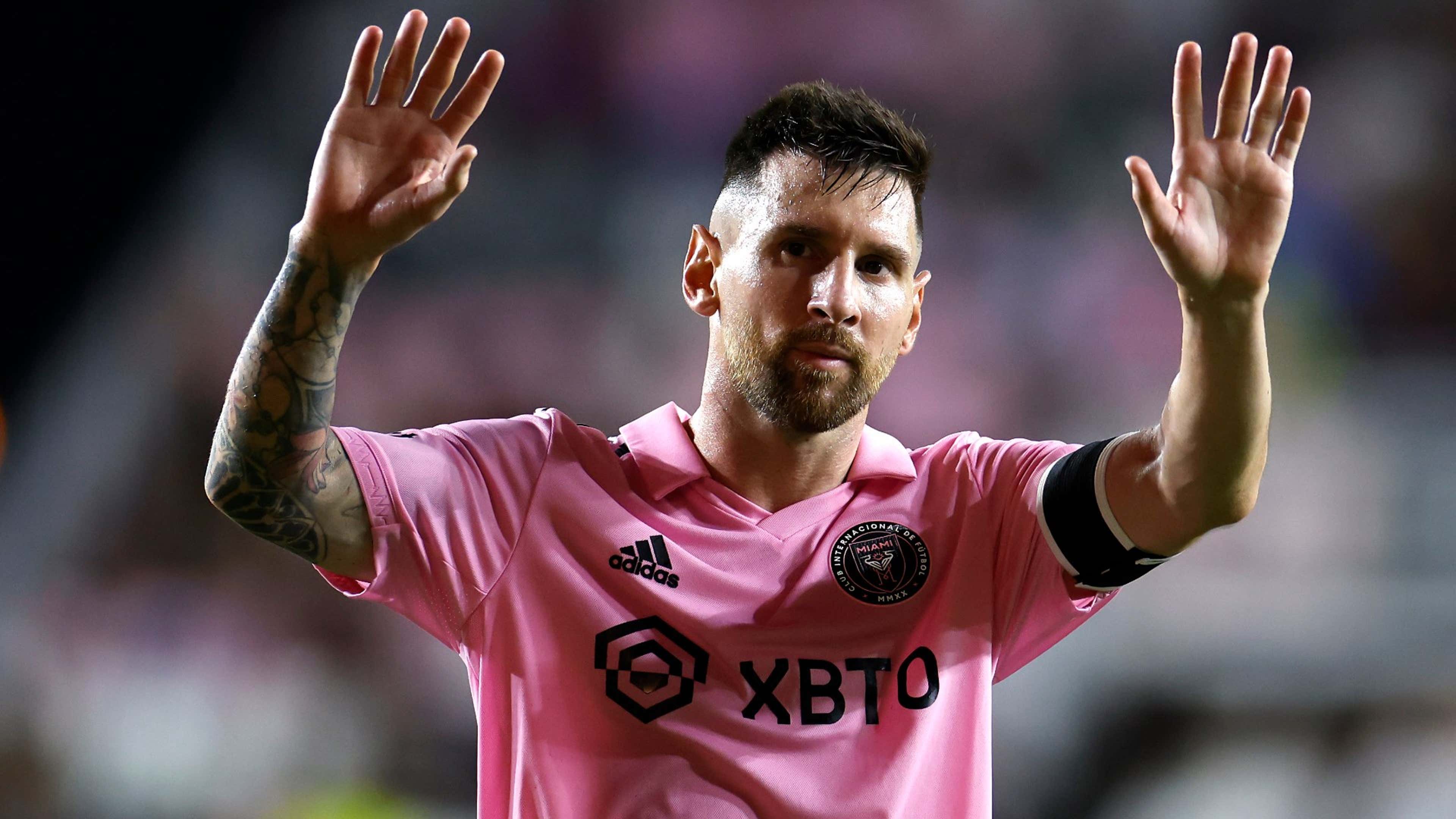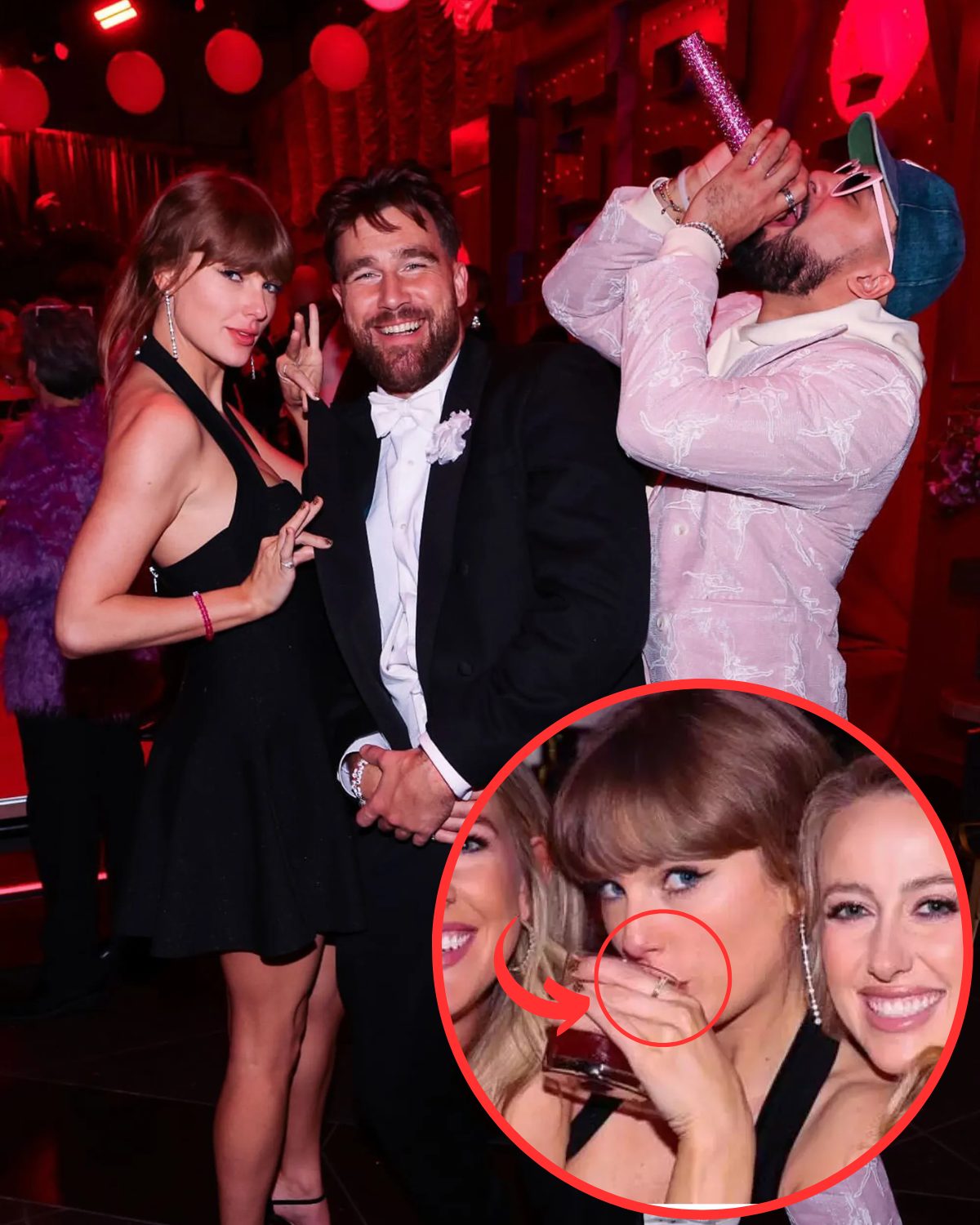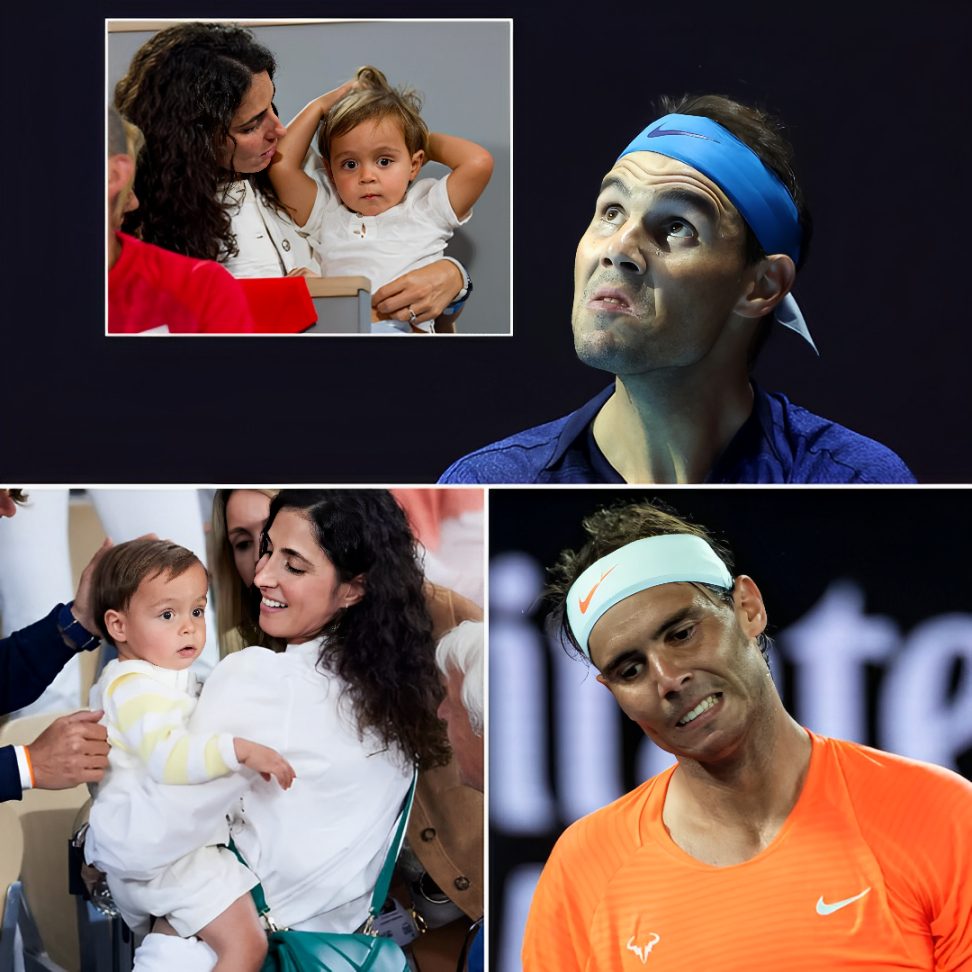
Lionel Messi watches from the stands after he was unable to compete in Wednesday night’s U.S. Open Cup final.
GETTY IMAGES FOR USSF

If it feels like it’s been too long already since Lionel Messi played in a game for Inter Miami, you might not want to look ahead at what his calendar will look like if the Herons can’t climb into the MLS Cup Playoffs.
Messi has played only 37 minutes for Miami since Labor Day weekend, missing four out of the Herons’ last five games in all competition due first to international duty and then to an injury issue resulting from said time with the Argentina national team.
And if he can’t re-join the Herons soon enough to help make up a gap of five points beneath the playoff line with five games to play, his first MLS season could end on Oct. 21 and set in motion the longest competitive break of his career.
If the Herons don’t get into the playoffs and the 2024 MLS season begins when previous seasons have, Messi could go more than four complete months between games, an unprecedented layoff since he emerged as one of the game’s top talents as a teenager nearly two decades ago.
Even were he to feature for the Argentina national team in their November World Cup qualifiers against rivals Uruguay and Brazil, it would be 95 days between the latter of those clashes and Miami’s potential season opener on Feb. 24 of next year. (That’s a potential date based on previous seasons — MLS has not announced when the 2024 season will begin.)
The seven-time Ballon d’Or winner has had only one break in his career longer than that — when he went 99 days between games for F.C. Barcelona at the start of the Covid-19 pandemic. And as far as time missed during normal circumstances, Messi’s longest layoff clocked in at 87 days during the spring and summer of 2005, when he was limited as an 18-year-old by a foot fracture, according to Transfermarkt.
That would obviously be bad news for Messi fans, and for Apple TV, which has agreed to give Messi a cut of the subscription fees to their MLS Season Pass service as part of his deal to join Inter Miami.

The league’s expanded playoff format — pushing the inventory of postseason games from 13 to between 25 and 33 — was reportedly a move designed to give Apple more high-leverage games per season as part of its 10-year agreement to be MLS’ worldwide streaming partner. Instead, at least this season, it could end up cannibalizing the regular season in a fashion that limits Messi’s first MLS campaign to a three-month cameo, with a month of that coming in the 2023 Leagues Cup.
Whether it’s a bad thing for Messi himself is an entirely different question. The past weeks suggest that even the greatest living player on earth has human limitations that need to be managed at this stage of his career. An extended layoff to focus on acclimating to his new city, perhaps spend some extended time with family in Argentina, and focus on regenerating his body could provide major competitive benefits in 2024.
On the other hand, Messi’s insistence on trying to play as many minutes for Miami as quickly as possible following his arrival suggest that when Messi is healthy, he wants to be on the pitch as much as possible. And there are potential workarounds. Players like Landon Donovan, Thierry Henry and others have gone on short-term loans to European teams in years’ past, a path that might be appealing to Messi — particularly if it involved one final farewell at FC Barcelona. Also, MLS players are also under contract for a few weeks after the regular season concludes, which could potentially open the way for Miami to schedule a couple post-season friendlies if they don’t reach the playoffs.
In the bigger picture, if MLS eventually wants to attract more or the globe’s truly elite players — and at an age closer to their prime than Messi is currently — it will have to solve the problem of its extended offseason for teams that don’t reach the playoffs. While it might be attractive to aging veterans, it’s a very real detriment for players in their prime who need to stay fit for their international teams.
Like so many other issues the league faces, Messi’s arrival — and possibly, his extended direction — could be the force that gets the ball rolling.






